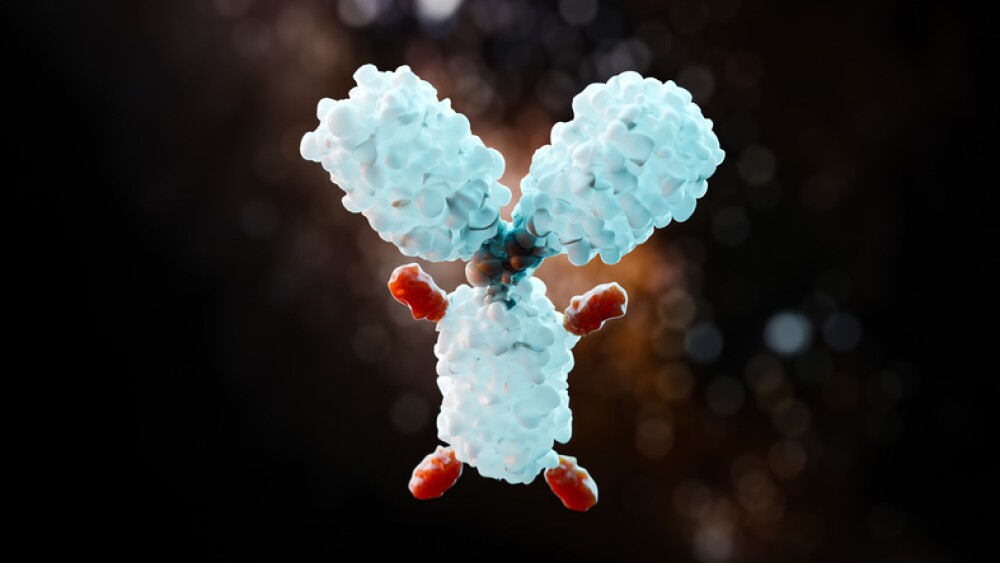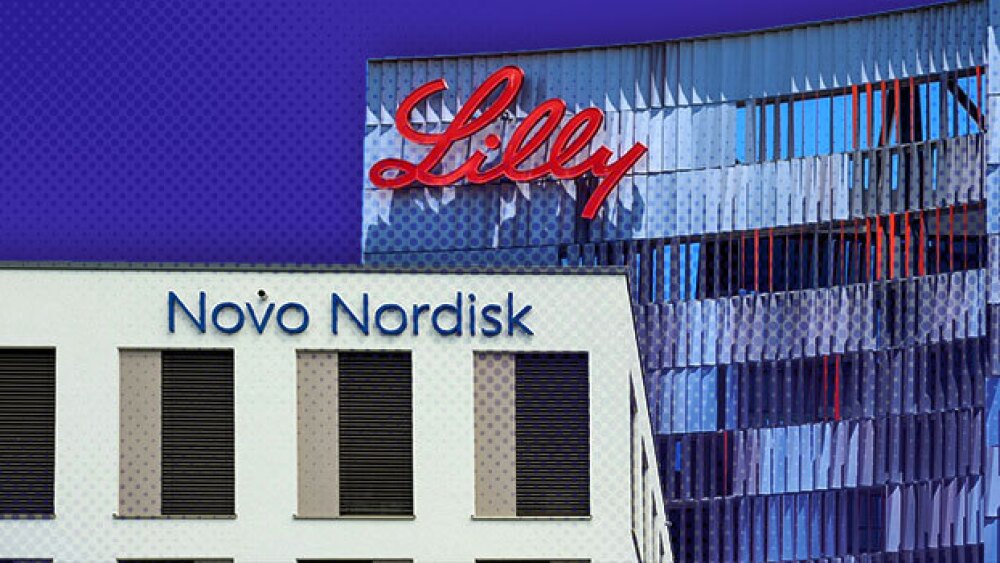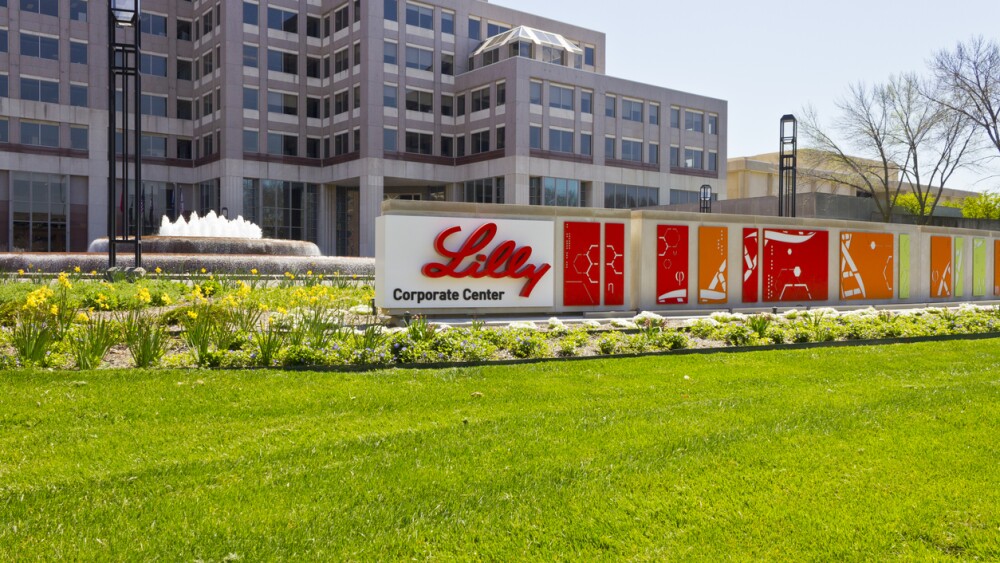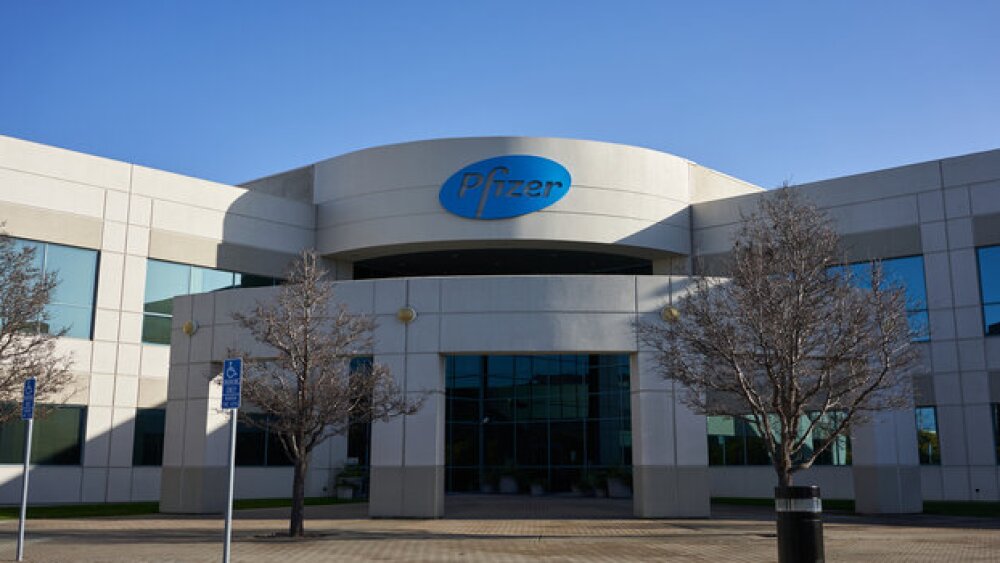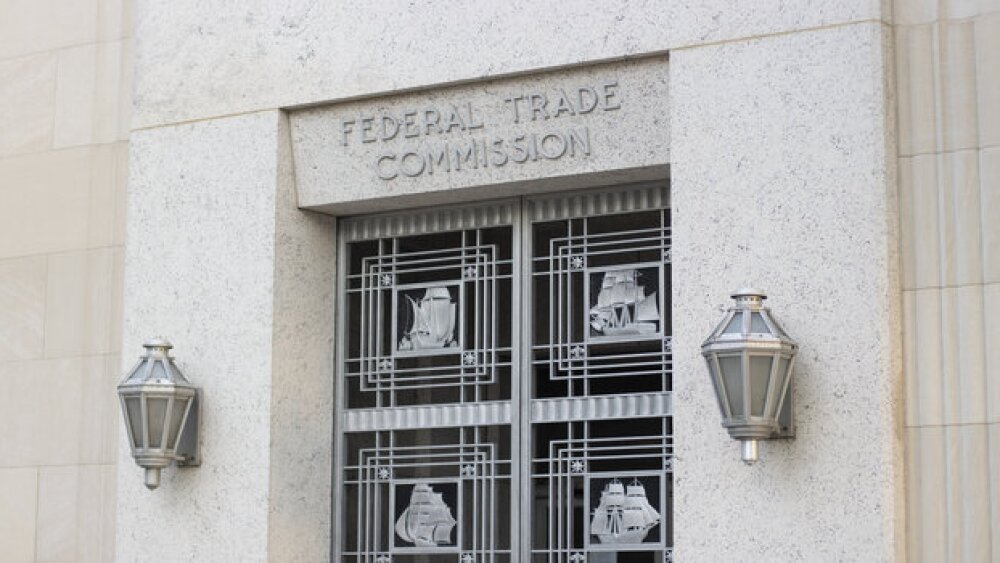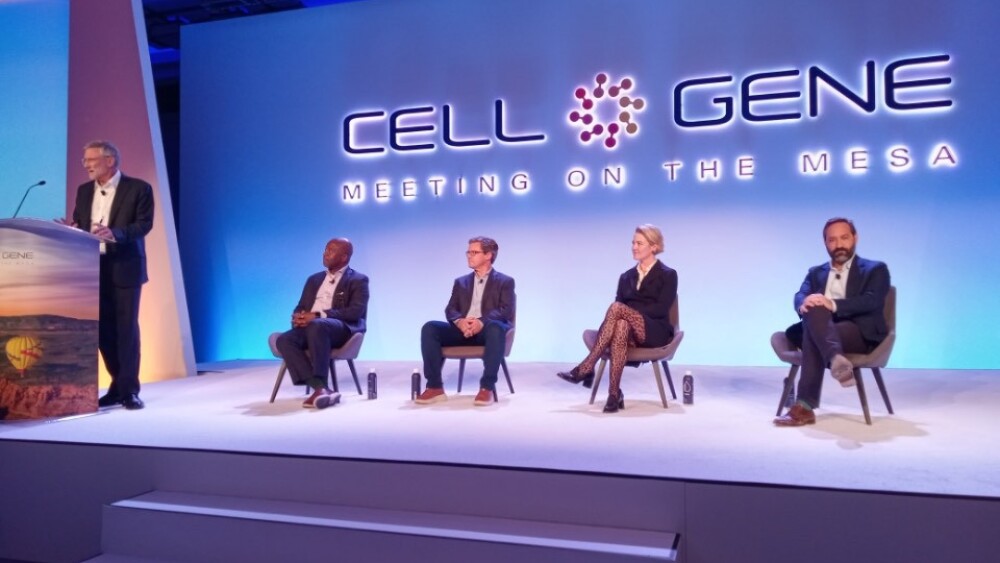Greg is a seasoned editor/writer who has covered the healthcare, life sciences and medical device industries for several tech trade publications. He is the recipient of a Post-Newsweek Business Information Editorial Excellence Award for his news reporting and a Gold Award for Best Case Study from the American Society of Healthcare Publication Editors. In addition, Greg is a Healthcare Fellow from the Society for Advancing Business Editing and Writing. He is an avid Buffalo Bills football fan, likes to kayak and plays guitar.


